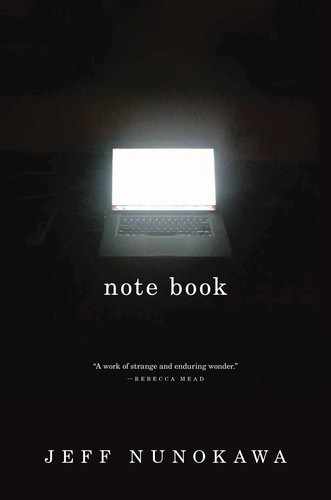5290. Revelation Roulette
Love’s the boy stood on the burning deck
trying to recite “The boy stood on
the burning deck.” Love’s the son
stood stammering elocution
while the poor ship in flames went down.
Love’s the obstinate boy, the ship,
even the swimming sailors, who
would like a schoolroom platform, too,
or an excuse to stay
on deck. And love’s the burning boy.
Elizabeth Bishop, “Casabianca”
It’s the sudden-death round now, and it’s your turn to talk (one of those now-or-never situations), and naturally you want to make sure you cover everything you’ve learned. (You better—it’s your only shot: it’s like what my sister said about the high-stakes soccer game we watched the other day: “Jeff, now it’s not win or go home, it’s win or don’t go home”—only now there’s really no winning and no going home (not like you used to, anyway)—not with the ship going up in flames and you and everyone else down to the bottom of the sea: no winning and no going home, just standing and delivering and putting your all into saying something, some way, you hope someone, someday will call, will call—wait, before I forget: did I just say now or never? That was a slip of the tongue. Sorry: I stumble a lot in clutch situations: I meant now and never.
Anyway, where was I? Oh yeah, with you and me (and everyone else in between), and things don’t look so good, but you’re gonna give everything you got. So, there you are, out there on that limb of a deck: you’re a student, you’re a son (you hope good ones), maybe even a teacher, too—maybe everything under the sun, maybe some part of every son—and sister, too.
So there you are, out on that limb trying to show that you know all the lines and all the lines of everyone before you. That’s the hope, anyway. (Luck be a Lady Tonight, right?)
The dice of drowned men’s bones he saw bequeath
An embassy.
(Hart Crane, “At Melville’s Tomb”)
You’re not exactly feeling the hope in the words, yourself, though, what with everything on fire and underwater, or about to be, you included. Still, though, that’s the hope anyway: that along with the spreading of burning and drowning, something else spreads, too—something, some way, someone, someday will call, will call, will call (Write it!) Love.
Notes:
1. “world without end” (Ephesians 3:21).
2. Write it! (E. Bishop, “One Art”).

Look carefully, and you’ll see what’s left of that boy (see above) in these clouds. Of course, if you look carefully, you’ll see what’s left of him everywhere.
The effect of her being on those around
her was incalculably diffusive.
George Eliot, Middlemarch
You’re getting older and you feel it: more listless, maybe lazy, more longing for some end. Still, though, on your good days, you can still teach your heart out. (“If you’re not going to do the job right, there’s no point in doing it at all,” many a mother used to say.) You like to see people doing the best they can with what they have, and you like to think that part of what they have is all that you have to give them.
Note: “these actions of the sun” (James Merrill, “Cloud Country”).
5218. Good Enough for Good-bye
lights a lovely mile
Gerard Manley Hopkins, “Poem 47”
Wouldn’t it be great if we could come up with words fit to be the last thing we say to the people and places we love? They wouldn’t have to be fancy, those last words, all dressed up. They wouldn’t have to be words fine enough to finish a novel: more like words good enough to start one.
Note: “Miss Brooke had that kind of beauty which seems to be thrown into relief by poor dress” (George Eliot, Middlemarch).


